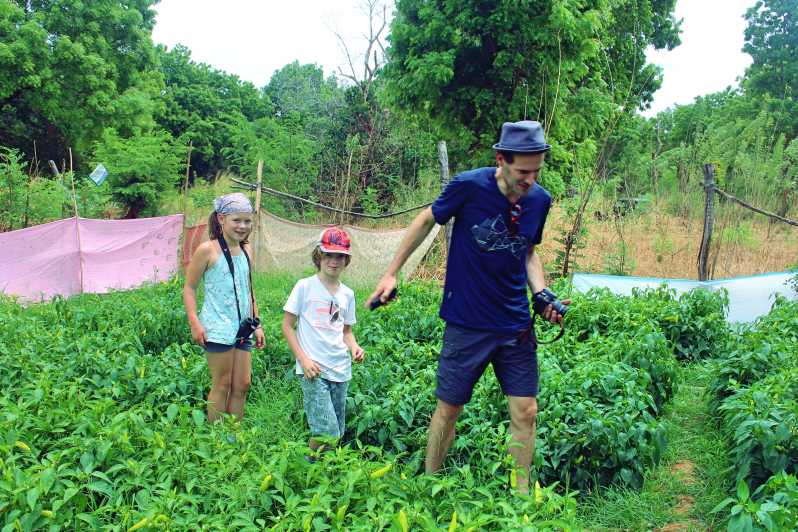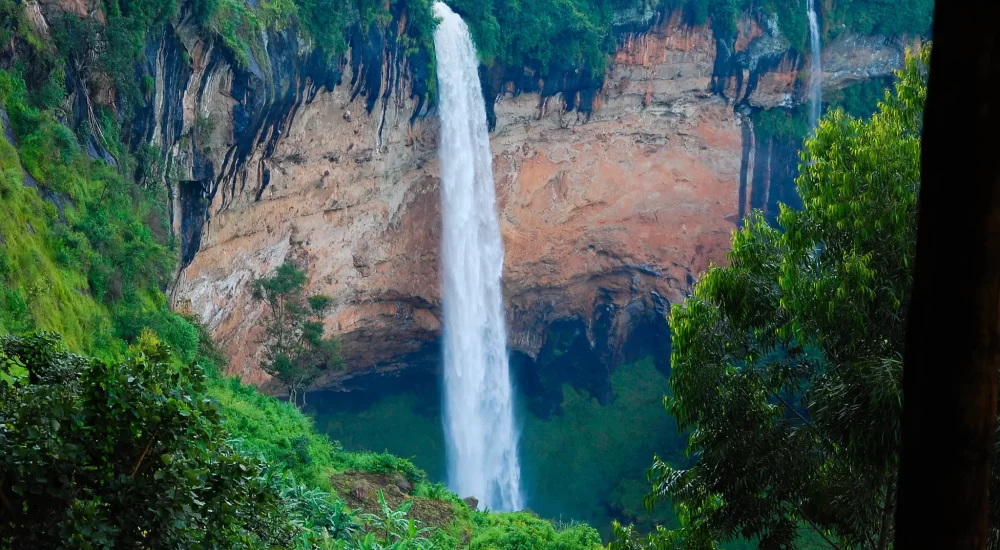Images of verdant national parks, gorilla trekking, and the great Nile River may spring to…
Exploring the Flourishing Landscape of Agro-Tourism in Uganda
Uncovering Nature’s, Agriculture’s, and Tourism’s Harmony: Uganda has emerged as a hidden treasure on the global tourist map, enticing travelers with its varied landscapes, plentiful wildlife, and rich cultural history. A new type of tourism has emerged among this intriguing tapestry: agro-tourism. This creative travel method effortlessly mixes agriculture, nature, and cultural experiences, giving tourists the opportunity to dig into the nation’s flourishing agricultural practices while immersing themselves in the local way of life.
The Agricultural Tapestry of Uganda
Uganda’s landscape is a living canvas painted with lush fields, rolling hills, and fertile plains. Dubbed the “Pearl of Africa” by Winston Churchill, the country boasts a tropical climate that nurtures a variety of crops and sustains an agricultural sector that employs over 70% of the population. From the verdant tea plantations in the west to the fertile coffee fields that stretch across the central region, agriculture is an integral part of Ugandan life.
Agro-Tourism: A Blend of Nature and Culture
Agro-tourism in Uganda isn’t just about observing farming practices; it’s about experiencing the entire agricultural journey. Travelers are invited to participate in activities like planting, harvesting, and processing crops, fostering a deep connection with the land and the local communities. These hands-on experiences offer an authentic insight into the daily lives of Ugandan farmers and the challenges they face.
For those seeking a more immersive adventure, many agro-tourism initiatives offer homestays with local families. This allows visitors to be a part of daily chores, cultural rituals, and culinary traditions, thereby fostering cross-cultural understanding and exchange.
Highlights of Agro-Tourism Attractions
- The Coffee Trail: Uganda is renowned for its high-quality coffee beans. Travelers can follow the coffee trail, from planting the beans to roasting and brewing their own cup of Ugandan coffee. This journey not only showcases the meticulous process of coffee production but also introduces tourists to the warm hospitality of the local communities.
- Tea Plantations of Western Uganda: The Kigezi region is adorned with sprawling tea estates that offer guided tours. Visitors can witness the plucking of tea leaves and engage with workers while learning about the intricacies of tea processing.
- Farming in the Pearl: Uganda’s fertile soil supports an array of crops, including bananas, pineapples, cassava, and more. Tourists can participate in planting, weeding, and harvesting, all while understanding the significance of these crops in local diets and economies.
- Cultural Festivals: Many agro-tourism destinations align their activities with local cultural festivals. These events showcase traditional dances, rituals, and ceremonies, providing visitors with an immersive experience of Ugandan culture.
- Conservation and Sustainability: Some agro-tourism initiatives focus on promoting sustainable agricultural practices and biodiversity conservation. Travelers can learn about organic farming, composting, and the delicate balance between human activity and nature.
Challenges and Future Prospects
While agro-tourism in Uganda presents a unique and enriching experience, it also faces challenges. Issues such as infrastructure development, quality standards, and responsible tourism practices need careful consideration to ensure that the growth of this sector remains sustainable and beneficial for both visitors and local communities.
As agro-tourism gains momentum, it is expected to not only boost rural economies but also create awareness about the importance of agriculture and environmental conservation. By intertwining the threads of agriculture, nature, and culture, Uganda’s agro-tourism sector holds the promise of becoming a vibrant tapestry that celebrates the beauty and resilience of the land and its people.


